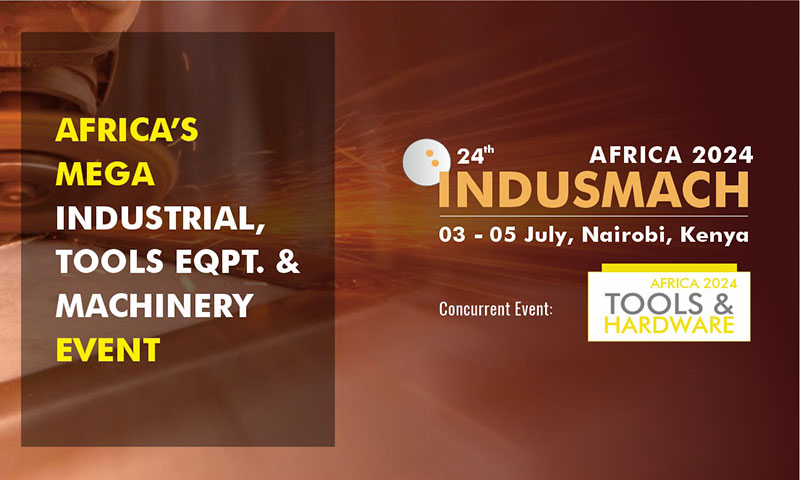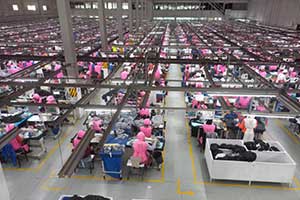

Expanding Manufacturing in Kenya

Posted on :Monday , 9th December 2024
Kenya has a masterful industrial policy that is comparable to the greatest of them. The program aims to promote labor-intensive light industries where the nation has a competitive advantage, import substitution, export-led growth, including export processing zones (EPZs), and more.
It aims to increase manufacturing's share of the GDP to 15% and establish "Made in Kenya" as a worldwide brand. But in order to revive manufacturing, Kenya needs to unlearn first, then learn. They need to remove the mercantilist and physiocratic mindset from their policy tool.
Given the repercussions of retaliation, the fact that they are a net importer, and their foreign debt position, mercantilism—which emphasizes government action to regulate international commerce and safeguard home industries—has little chance of succeeding in the modern day. Their reliance on numerous physical products that must be created by first converting raw materials into a wide range of intermediate products through smelting, refining, reacting, separating, and synthesising them into marketable items through additional processing and final assembly characterizes well-being in the modern world.
In order to encourage businesses that are involved in the mechanical, physical, or chemical conversion of materials, substances, or components into new goods, they must take the initiative to support manufacturing by increasing budgetary allocation. Although the government plays a crucial role in manufacturing, they have received a poor report card for State-owned businesses (SOEs). They need to start by amending their Company Act to include management and supervisory boards, just like Germany does.
Their SOEs will be shielded from politicians and pressure groups by doing this. Furthermore, they must acknowledge that their local businesses must first establish competitiveness in their domestic and regional markets before they can capture the export market and scale. Where there is interaction between the two tiers of government, a rural industrialization policy component ought to be in line with our redistribution and decentralization policy.
Every well-stocked kiosk in the rural areas sells at least fifty different brands or articles, ranging from detergents and personal care items to match boxes. We may have medium-skilled, medium-capital, medium-technology items made at the constituency level and low-skilled, low-capital, low-technology ones made at the ward level. By increasing the level of income equality, this will not only strengthen the rural economy but also contribute to the ongoing battle against poverty.
It addressed topics including mathematics, technical drawing, and curricula relating to textiles. The study of materials, including its theoretical foundations, design, and processing for practical uses, is known as material science and engineering (MSE). It's a multidisciplinary discipline that incorporates engineering, physics, and chemistry, and Kenya needs to make significant investments in STEM.
One million more children are graduating from secondary school each year. In Kenya, it is a given that they need to increase our GDP per capita by at least 15%. However, in a culture where the majority of people are disconnected from the basics of manufacturing, it is worth repeating.
Please Select an Option
-
Exhibiting
-
Visiting
-
Information

Expogroup
Expogroup is a full service exhibition organiser with over 29 years experience in International trade exhibitions. Our current portfolio includes 25 annual exhibitions from a diverse range of industries being held across the Middle East & Africa.
EXPOGROUP © 1996 - 2026 | Privacy policy
